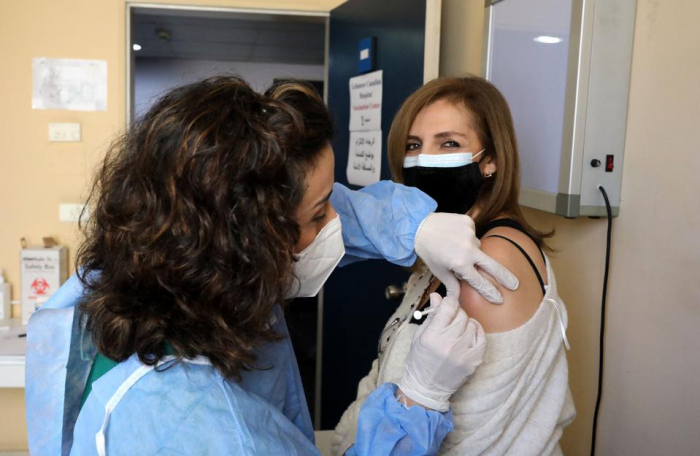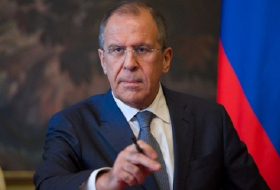Vaccinating teachers may be our best hope of keeping schools open, but only 17 countries have made vaccinating teachers a top priority.
Vaccines now appear to offer us a way out of the Covid-19 pandemic, but just as approaches to lockdown have differed around the world, so have approaches to vaccination.
While some countries have prioritized in terms of age or vulnerability, others are prioritizing by occupation, or a mixture of the two.
Teaching appears to be one of the occupations with a good case to be among the first to be vaccinated.
The widespread closure of schools and variable experiences of remote teaching as the pandemic took hold has emphasized the importance of keeping students in the classroom as much as possible.
But this exposes teachers to the risks of mixing with potentially hundreds of households, in often poorly-ventilated classrooms where maintaining social distancing is difficult if not impossible.
It’s no wonder that teaching unions have been clamouring for their members to be able to jump the vaccine queue.
But so far their entreaties have fallen on largely deaf ears. Out of 149 countries, only 17 have prioritized teachers in the first phase of vaccinations, while just 20 have put teachers in a priority group for the second phase.
A total of 56 countries have not prioritized teachers in their vaccine roll-out.
“Teachers and support personnel are on the frontline,” said Audrey Azoulay, director general of UNESCO, which compiled the figures, in a joint statement with David Edwards, general secretary of Education International.
“As classes moved online they reinvented the way we teach, we learn, and when schools reopened, teachers returned ‘courageously’ to the classroom,” they added. “All teachers should prioritize teachers for vaccination.”
UNESCO, an agency of the United Nations, surveyed national education systems last month to produce a breakdown of where teachers are prioritized for vaccination.
China and Russia have both put teachers in the top priority group, along with Cambodia and Vietnam.
Others where teachers are prioritized in the first phase are: Belarus, Republic of Congo, Gambia, Jamaica, Morocco, Qatar, Rwanda, Uganda, United Arab Emirates and the Central Asian republics of Kyrgyzstan, Tajikistan, Turkmenistan and Uzbekistan.
The U.S. is one of 20 nations listed as putting teachers in the second priority group, after lobbying by teaching unions helped persuade President Joe Biden to call for states to move teachers and support staff up the vaccine list.
Interestingly, there is some correlation between the countries where teachers have been prioritized and those where teaching is seen as a high status occupation.
China, Russia, Indonesia and Turkey have put teachers in priority groups one and two, and are also are among the nations where teachers are given the most respect, according to a 2018 poll by the Varkey Foundation.
In contrast, none of Brazil, Israel, Italy, Argentina, Ghana and the Czech Republic, which accord teachers the least respect out of 35 countries polled, have teachers in either of the top two priority groups.
It is not a consistent link. Teachers have a relatively high status in the U.K., but the priority list there is based on age and vulnerability.
Canada and New Zealand, where teaching is also comparatively well-respected, likewise have given no priority to teachers, while Uganda and Spain, where teaching is relatively low-status, have teachers in the top and second priority groups respectively.
But arguments in favor of moving teachers to the front of the vaccine queue are far from clear cut. Teaching is just one of many frontline occupations, and prioritizing by occupation risks debate over which groups are more deserving, potentially undermine faith in vaccination programs.
The evidence that schools are a major source of infections is also mixed. A U.S. study found that schools were not key drivers of transmission, while a U.K. study concluded that school staff did not have a significantly high rate of infection than the under-65 population as a whole.
And while it would be tempting to say that those countries prioritizing teachers are those that value teachers more, the truth is that when there are so many other competing interests, it is not surprising if teachers sometimes lose out.
Forbes
More about:
















































